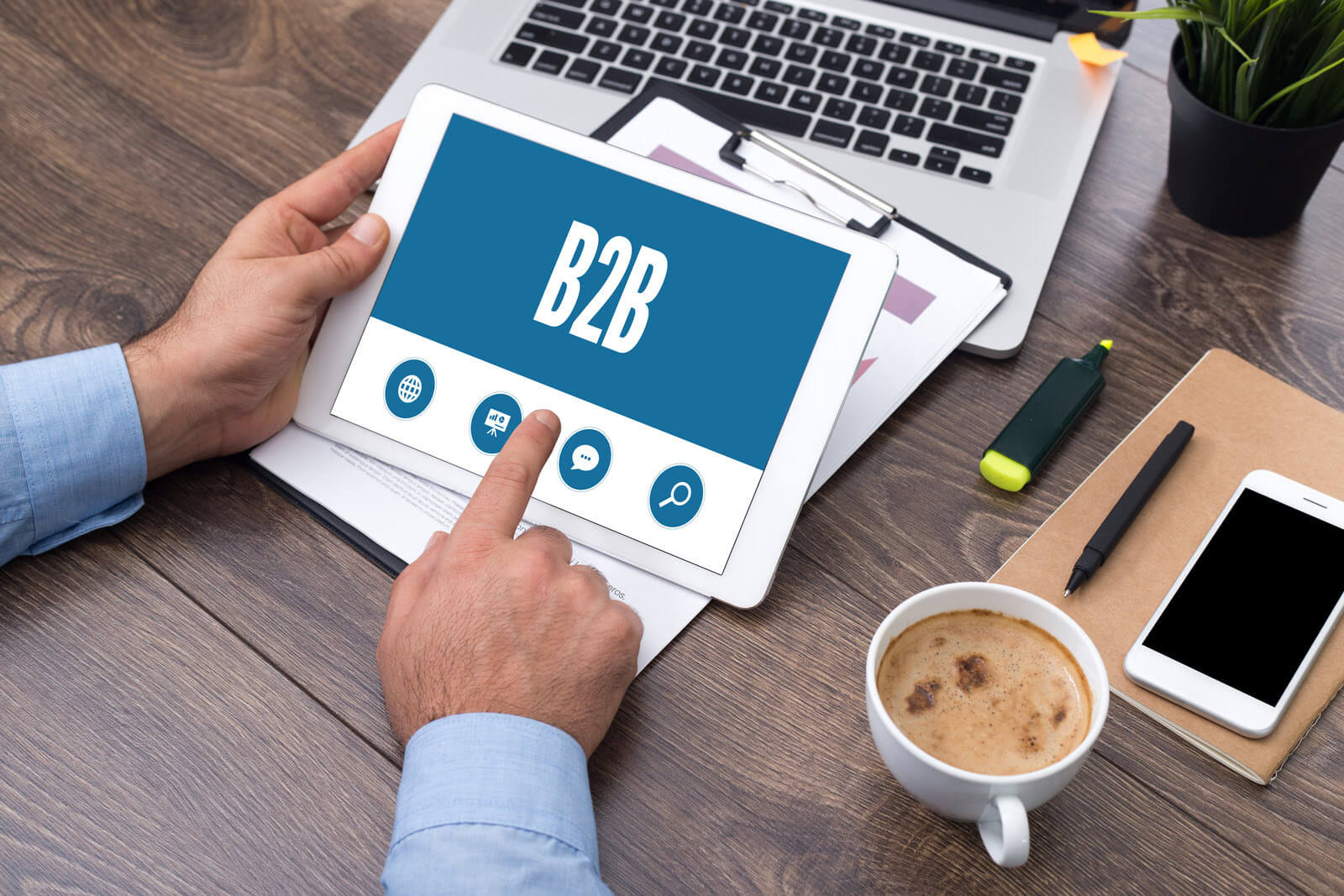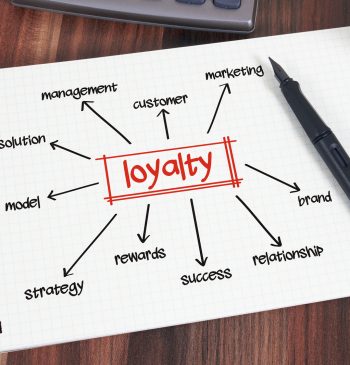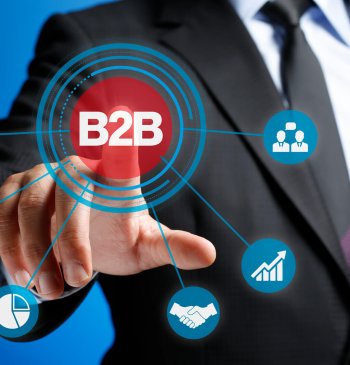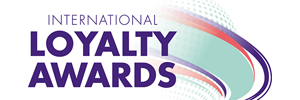29 Apr

The transition to B2B loyalty for food industry technologies by food wholesale distributors is unsurprising, as loyalty technology has proven an effective tool in almost any business strategy. Supplying goods to dealers and distributing them to retail stores is known as B2B retailing. This model has aided the food industry for years, but it is becoming obsolete as younger audiences demand new, inexpensive, and traceable produce.
The B2B food industry can seek advice on this investment from the business-to-consumer (B2C) industry, as B2C buying decisions mean that B2B loyalty for food industry strategies will generate leads while increasing customer retention. According to surveys, the loyalty management market is expected to grow from $1.68 billion in 2016 to $4.59 billion by 2021. The B2B industry is aiding this growth. By offering deals in return for customer loyalty, loyalty technology helps a business stand out from rivals. To promote trade and loyalty, food distributors need customer retention strategies.
However, loyalty technology is more than just rewarding customers; it’s also about comprehending the consumer’s wishes, who is another business owner. When dealing with B2B networks, e-consumers are increasingly expecting a consistent B2B customer experience.
Why is it important to have a B2B loyalty program for your food brand?
Having a B2B loyalty program for the B2B food industry is crucial in today’s competitive market for several reasons:
- Strengthening Customer Relationships
- Differentiation in a Crowded Market
- Enhanced Customer Insights
- Increased Sales and Revenue
- Building Brand Advocates
- Adapting to Market Trends
- Improved Customer Retention
- Leveraging Personalization
- Long-term Business Growth
1. Strengthening Customer Relationships
B2B loyalty programs are designed to foster long-term relationships with your business clients. By rewarding repeat purchases and engagement, you encourage ongoing business, vital for sustained growth and stability in the B2B food industry.
2. Differentiation in a Crowded Market
The B2B food industry is highly competitive, with numerous brands vying for attention. A loyalty program can differentiate your brand, offering unique value beyond product quality and price. This can be particularly effective in retaining customers who might otherwise be swayed by competitors’ offerings.
3. Enhanced Customer Insights
Loyalty programs provide a wealth of data about your customer’s buying habits, preferences, and needs for the B2B food industry. This information is invaluable for tailoring your products, services, and marketing strategies to meet the demands of your target market better, leading to more effective and efficient business operations.
4. Increased Sales and Revenue
Loyalty programs encourage repeat business, often more cost-effective than acquiring new customers. By incentivizing customers to continue doing business with you, you will likely see an increase in sales volume and revenue.
5. Building Brand Advocates
Satisfied B2B customers who benefit from your loyalty program are more likely to become brand advocates. They can provide valuable referrals and testimonials, extending the B2B food industry’s reach and credibility.
6. Adapting to Market Trends
The B2B food industry is constantly evolving, with new trends emerging regularly. A loyalty program allows you to quickly adapt to these changes by offering relevant rewards and incentives that align with current market trends, keeping your brand relevant and appealing.
7. Improved Customer Retention
Acquiring a new customer can cost significantly more than retaining an existing one. Loyalty programs are effective for maintaining a stable customer base, reducing turnover, and ensuring a steady stream of the B2B food industry.
8. Leveraging Personalization
With the data gathered from loyalty programs in the B2B food industry, you can offer personalized experiences to your B2B clients. This could include tailored product recommendations, customized promotions, and targeted communication, all contributing to a more satisfying customer experience.
9. Long-term Business Growth
Ultimately, a well-structured B2B loyalty program contributes to the B2B food industry’s long-term growth and sustainability. By building solid relationships, understanding your customers better, and continuously adapting to their needs, you create a foundation for enduring success in the B2B food industry.
How to define loyalty for the B2B food industry?
Customer data can be cultivated through a B2B loyalty program, allowing for more investment in the customer experience. Understanding how a company interacts with the company enables you to tailor the essence of the relationship, increasing the likelihood of customer retention. We know what keeps us from buying from a particular brand again and again. With B2B customer loyalty programs, you can embody the characteristics you pursue as a B2B food industry retailer in other companies. Holding on to obsolete forms of communication would only result in a loss of sales and poor communication between companies. In such a competitive environment, keeping up-to-date customer data is critical.
For food wholesale distributors, B2B loyalty schemes are the only way forward. In this age of online consumerism, marketing must be personalized. We can determine the value of a product by how customers communicate with it, not by how much money we spend on ads. As buyers and customers seek authenticity in products, the company’s “personality” is becoming more critical than ever. Digitization is blurring the lines between traditional retail structures; take advantage of this shifting market by identifying the best channel for your business.
While the origin of produce and nutritional information remain important, food wholesale distributors must bridge the gap between convenience and sustainability. A personal dedication to product quality boosts consumer trust and loyalty. Loyalty technology works better when you understand the consumers’ needs because, in B2B businesses, the consumers’ needs are also your needs.
How do we design and execute your B2B loyalty program for your food brand?
Although loyalty programs have become standard practice, the question is how to design an entertaining, future-proof loyalty program. Obtaining members is the first and most important step in creating a loyalty program. A good place to start is by promoting the program’s launch through in-store promotions, social media, and customer email lists. For certain restaurants, special promotions have yielded significant results.
Offering online shopping via third-party delivery providers and a mobile app will help the brand appeal to millennials. According to one brand, most of its customers were 45 years old and older before the launch of its mobile app. But with online shopping, the brand is seeing an increase in younger customers.
Customer Reward Ideas for B2B Food Brands
The food and beverage (F&B) segment produced $76.7 billion in revenue in 2020, with a market volume of $105.9 billion anticipated by 2024. This means plenty of room for business expansion, especially in today’s increasingly digitized marketplace. Investing in digital platforms to increase B2B brand loyalty and repeat sales is becoming a priority for companies in this space. By 2021, the food and beverage industry is expected to expand its e-market by $22 billion (more than 20%!). While there is no such thing as a perfect digital strategy, here are some key components. You can include them in your 2020 repeat sales and customer satisfaction strategy. Here are a few tips for your customer rewards program for the B2B food industry:
- Make the website as simple as possible to ensure a smooth and seamless purchasing experience. The aim is to make purchasing a simple and pleasurable experience.
- Create a branded app that provides exclusive access to your brand and fidelity rewards to your online community.
- Use profile data to automate payment and rewards for anyone you enroll.
- Personalize and encourage personalization for a more enjoyable user experience for you and your customers.
- Reward loyalty by collecting relevant data and developing exclusive deals for your customers.
- Award social shares, other forms of brand advocacy, and feedback to strengthen the online community.
- Concentrate on developing a strong social media plan to maintain the buzz.
- Always research by incorporating user-end data into strategic placement strategies that are appropriate for you and your business.
Apex Loyalty Ideas
You can always contact Apex Loyalty for your B2B loyalty for the B2B food industry. Check out our customer success stories for stories with concrete results. B2B loyalty in the food industry is vast, and you must steer right to get the best for your brand. We can also offer different ideas to increase your overall sales and get you to the top players in the B2B food industry.
You can read our previous post from https://www.apexloyalty.com/b2b-loyalty-for-beverage-industry/







